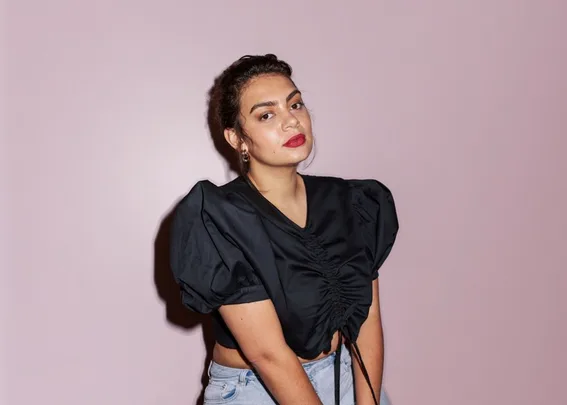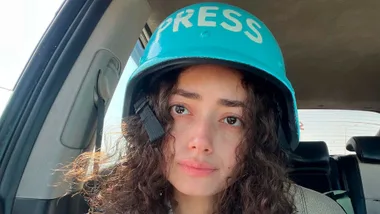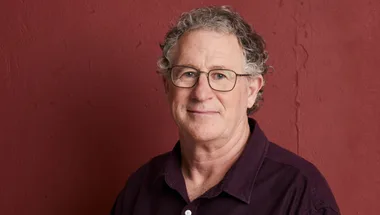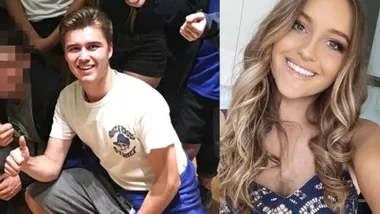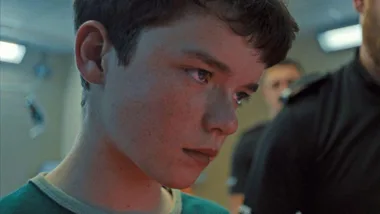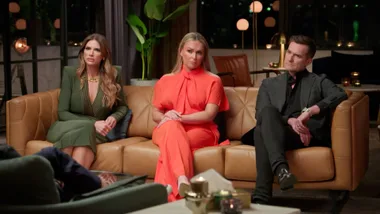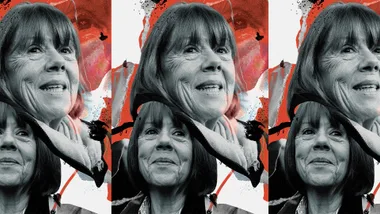To mark the release of her new album Better In Blak, we sat down with singer Thelma Plum and director Claudia Sangiorgi Dalimore to chat all things music.
MC: You’ve just finished filming the video clip for your new single “Better in Blak.” Tell us about your inspiration for the song.
TP: I think this is the most honest song I’ve ever shared with the world. I feel very vulnerable about sharing it; it’s my experience being a young black woman in this country. It can feel pretty hard, but I’m really proud of who I am, as well as my people and the beautiful, strong women [in my life].
MC: Claudia, you directed the clip. How does Thelma take direction?
CSD: I’ve worked with Thelma on her other clips [for singles “Clumsy Love” and “Not Angry Anymore”] and it’s amazing to have watched her progression from the first shoot. She is so much more secure with her presence on camera … Seeing that transformation has been beautiful.
TP: I used to feel very nervous and unsure of myself in front of the camera – and there’s definitely still some of that there – but most of it has gone away. Working with Claudia and the team reassures me that I’m safe.
MC: Claudia, you crew your music videos with mostly women. Why
is that important to you?
CSD: We had 19 women and two men on set for “Better in Blak.” That was initially Thel’s request, wanting to create that safe space, which I really respected. From a holistic sense, I just love encouraging other women to be creatively in charge in those spaces.
MC: How did you celebrate when you wrapped filming?
TP: It was really late on a Friday night. We all fell into hugs and then left without even saying goodbye to each other because we were so tired. I went home to bed and ate pizza.
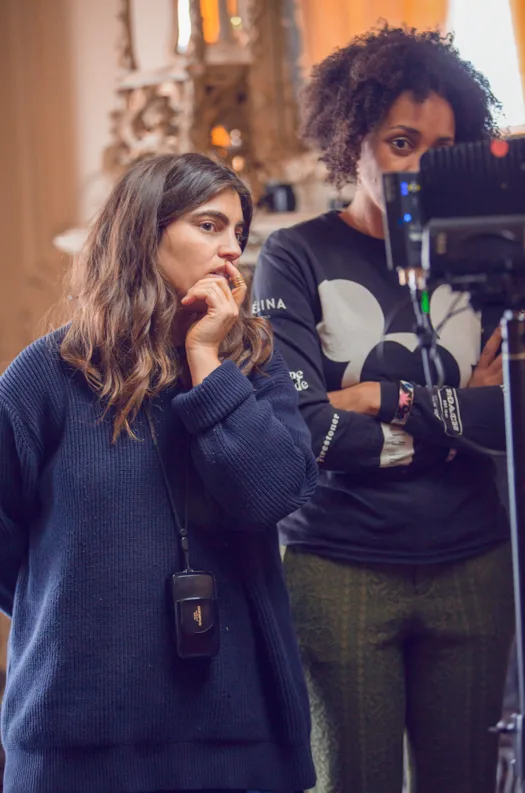
MC: Thelma, you have a way of perfectly capturing emotions in your songs – especially in the track “Do You Ever Get So Sad You Can’t Breathe.” Is music a form of therapy for you?
TP: Definitely! I don’t know what I would do if I didn’t have that outlet. Writing helps me unpack my feelings, for sure. I wrote “Do You Ever Get So Sad” in my bathroom because there’s really good acoustics in there. I was in quite a dark place writing that song, but it was therapeutic.
MC: You’re about to play at Splendour in the Grass in July. How do you calm your nerves on stage?
TP: I get so nervous! My anxiety can be pretty bad, to the point where sometimes I feel physically ill before I go on stage. It’s a scary thing to put yourself out there; but by the second song in, I love everyone watching me [laughs]. I try to find certain people in the audience, and I will look straight at them and perform to them. It centres me and reminds me of what I’m doing and why I’m doing it.
MC: Claudia, you directed the documentary Her Sound, Her Story last year, which highlighted the music industry’s intense gender disparity. What did you hope it would achieve?
CSD: The documentary was a four-year venture with my friend Michelle Grace Hunder, who’s a music photographer. More than anything, it was a celebration of the community [of women in music] we’ve been able to nurture. It was about connecting with individuals and sharing their stories.
MC: Thelma, you appeared in Her Sound, Her Story. What do you think is the biggest issue facing women in the music industry today?
TP: Oh gosh, there’s a lot [laughs]. I think we need to start listening and believing women. Those two things will help empower women.
MC: What is your hope for the future of the industry?
TP: I’m excited for the day when rich white men aren’t in charge anymore. I literally can’t wait.
MC: Who are you listening to?
TP: I love Carly Rae Jepsen’s new album [Dedicated]. She’s such a queen.
CSD: Ooh I’ve had Caiti Baker and Alice Ivy on repeat lately – and Thelma, of course!
This article originally appeared in the August issue of marie claire magazine.
